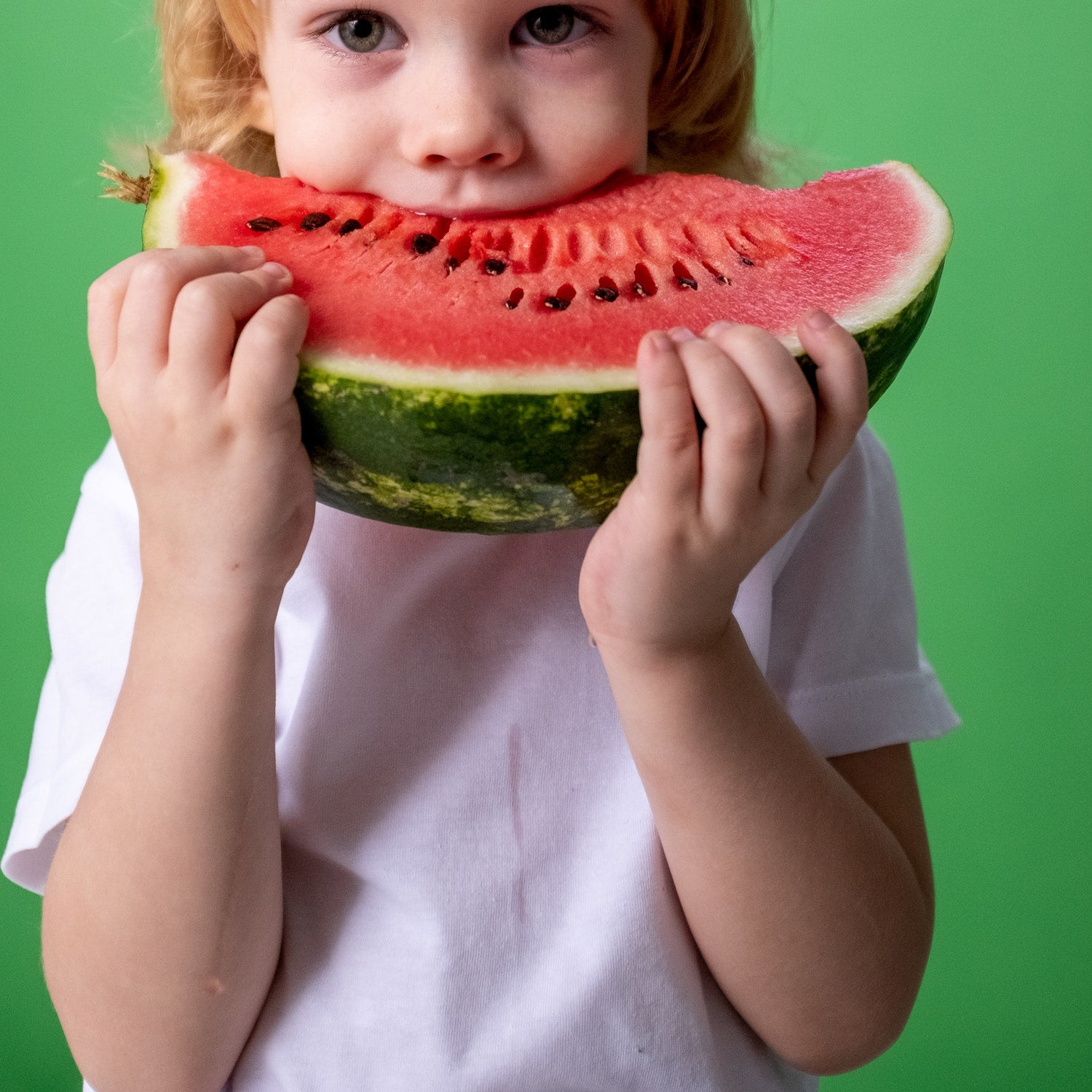

· By Josh Christensen
Keto For Kids
Even though the ketogenic diet is quite popular among adults, some may consider it inappropriate for children. Children and dieting can sometimes be tricky topics. Parents must find the perfect balance between teaching their children self-confidence and maintaining a nutrient-balanced diet, whether genetic or overindulgent. Getting kids to eat right can be challenging.
In this article, we will discuss some of the factors that could lead a parent to consider Keto for their child. Any health concerns you may have about the ketogenic diet should be discussed with your physician. We recommend using our article as supplemental information.

What is Keto?
Ketogenic diets have been around since the 1920s, but they have grown in popularity over the past five years. Whether it's celebrity endorsements or restaurants adding keto-friendly options to their menus, it's safe to say Keto is here to stay. Keto involves replacing carbohydrates as your body's energy source with a high-fat, high-protein diet. The daily nutritional plan you follow will consist of 75% fat, 5% carbs, and 20% protein. There will be a significant drop in carbohydrates.
Why You Might Consider Keto For Your Child
There are varieties of diets and people can choose what to do or not do. The conversation is intensified when you include children. Below are some reasons parents might consider Keto dieting for their children.

Genetic factors may also contribute to the decision to introduce keto to your children. Mayo Clinic recommends that children consume between 1,200 to 2,500 calories depending on age and gender. Additionally, they should consume foods rich in nutrients, such as proteins, fruits, vegetables, grains, and dairy products. Some parents may turn to alternative solutions when their children have difficulty maintaining their weight. Keto appears appealing to some people. A gradual keto diet would be recommended for your child.
Why Keto is not recommended for Kids
A significant component of the ketogenic diet is limiting carbohydrates. As children develop, they need a certain level of carbohydrates to function. Carbohydrates, much like adults, provide a source of energy to fuel your body. Reducing carbohydrate intake in children may have dire consequences.
For example, a child with a healthy, well-balanced diet should eat about 130 grams of carbs per day. On Keto, that number is reduced dramatically to 20-30 grams per day. Limiting carbs may indirectly lead to side effects such as irritation, distraction, sleep deprivation, and more. We would like to note that these side effects are not universally seen in every child, but you should consider some of the things you should consider before implementing Keto.

Keto Alternatives
You should consult a dietitian before taking matters into your own hands regarding a child's diet. Licensing dietitians can provide great solutions even if your child has a genetic makeup that causes weight gain. A ketogenic diet is an option to consider once you have exhausted all medical avenues.
Here are a few tips to get your child started on a weight loss journey.
- Limit Process foods
- Purchase nutritious snacks
- Sign them up for physical activities
- Incorporate healthier lunch and dinner options

Conclusion
It's important to note that the Ketogenic Diet does not guarantee weight loss. There are always other factors that contribute to the results you see. Make sure you implement the keto diet correctly and speak with your health care provider if you decide Keto is the best option for your child. The most important thing is that your child eats a balanced diet.


